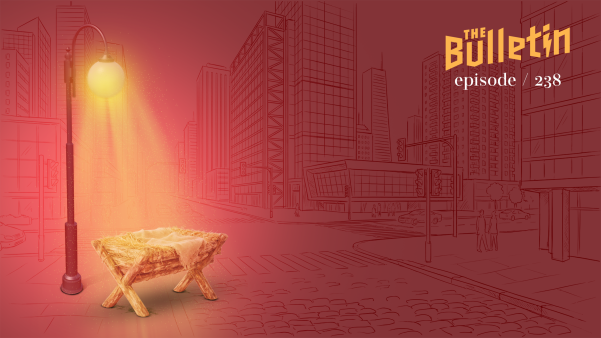Two years after popular radio preacher and pastor Guillermo Osorno won a seat in Nicaragua’s legislative assembly, bringing three members of the evangelical political party he founded with him, evangelicals whose interests he claims to represent still do not agree whether his venture into government has been fruitful.
Political observers estimate that as few as 5 percent of Nicaragua’s 600,000 evangelicals voted for Osorno and the Christian Way party in his 1996 run for president (CT, March 3, 1997, p. 60). Osorno finished a distant third to the winner, Arnoldo Aleman, and former President Daniel Ortega. Many voters wearied of Osorno’s claims that God had assured him a presidential victory, as well as his denial of ever having said it following the loss. Voters became further disillusioned when he joined Ortega in alleging election fraud, though international observers had found no such evidence.
Nevertheless, Nicaragua’s Evangelical Alliance president and Assemblies of God vice superintendent Roberto Rojas recognizes that Osorno, a former Assemblies of God pastor, and others in his party are fulfilling vital liaison roles between church and state in the nation, where four out of five profess Roman Catholicism. “Through Osorno, evangelicals for the first time can sit down at the same table with leaders in national government,” Rojas says.
Marvin Lazo, the Evangelical Alliance’s executive secretary, agrees that Osorno has given evangelicals an unprecedented voice. Christian Way legislators now serve on key committees, including human rights, education, and governance, the latter having authority to grant legal status for all organizations, including churches.
But Gustavo Parajon, founder of the Evangelical Churches Pro-denominational Alliance, expects evangelicals in public office to address more pressing issues that affect the nation, such as hunger, illiteracy, lack of health care, unemployment, poverty, and rising violence.
“In the midst of all these things, there has been silence from Osorno and his group,” Parajon says. “He has not touched on any of the significant issues that are important to the Nicaraguan people.”
Despite such criticism, Rojas still believes Osorno can effect change. “He is a man in the process of learning,” Rojas says. “He has changed his attitude.”
Copyright © 1999 Christianity Today. Click for reprint information.










